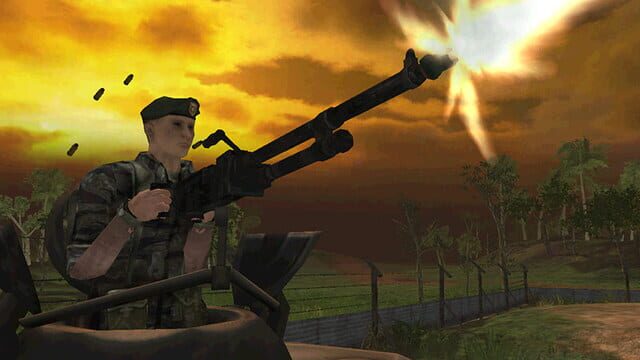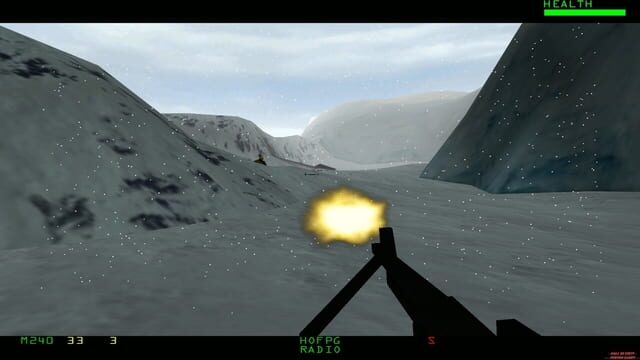

The best people, with the best of intentions, doing their utmost, cannot fix this system from within. To say that many good and admirable people are police officers, dedicated and brave public servants, which is, of course, true, is to fail to address both the nature and the scale of the crisis and the legacy of centuries of racial injustice. The victims of police brutality are disproportionately Black teen-age boys: children. Urban police forces are nearly always whiter than the communities they patrol. (During each of those same years, about a hundred police officers were killed in the line of duty.) One study suggests that, among American men between the ages of fifteen and thirty-four, the number who were treated in emergency rooms as a result of injuries inflicted by police and security guards was almost as great as the number who, as pedestrians, were injured by motor vehicles. In each of the past five years, police in the United States have killed roughly a thousand people. The killing of George Floyd, in Minneapolis, cannot be wished away as an outlier. To say that this doesn’t always work out, however, does not begin to cover the size of the problem. Police have a lot in common with firefighters, E.M.T.s, and paramedics: they’re there to help, often at great sacrifice, and by placing themselves in harm’s way. One way to think about “Abolish the police,” then, is as an argument that, now that all of us have finally clawed our way into the polis, the police are obsolete.īut are they? The crisis in policing is the culmination of a thousand other failures-failures of education, social services, public health, gun regulation, criminal justice, and economic development. But for centuries, through struggles for independence, emancipation, enfranchisement, and equal rights, we’ve been fighting to enter the polis. We are more like the women, children, servants, and slaves in a household in ancient Greece, the people who were not allowed to be a part of the polis. Under the rule of law, people are equals under the rule of police, as the legal theorist Markus Dubber has written, we are not. The power of the police has its origins in that kind of power. The American Revolution toppled the power of the king over his people-in America, “the law is king,” Thomas Paine wrote-but not the power of a man over his family. History begins with etymology, but it doesn’t end there. In 1769, William Blackstone, in his “ Commentaries on the Laws of England,” argued that the king, as “pater-familias of the nation,” directs “the public police,” exercising the means by which “the individuals of the state, like members of a well-governed family, are bound to conform their general behavior to the rules of propriety, good neighbourhood, and good manners and to be decent, industrious, and inoffensive in their respective stations.” The police are the king’s men. Kings asserted a rule of force over their subjects on the idea that their kingdom was their household. This division of government sailed down the river of time like a raft, getting battered, but also bigger, collecting sticks and mud. Outside the polis, in households, men dominated women, children, servants, and slaves, under a rule of force. “To be political, to live in a polis, meant that everything was decided through words and persuasion and not through force and violence,” Hannah Arendt wrote in “ The Human Condition.” In the polis, men argued and debated, as equals, under a rule of law. recorded “Fuck tha Police”), but, long before anyone called for its abolition, someone had to invent the police: the ancient Greek polis had to become the modern police. “Abolish the police,” as a rallying cry, dates to 1988 (the year that N.W.A. “The police,” as a civil force charged with deterring crime, came to the United States from England and is generally associated with monarchy-“keeping the king’s peace”-which makes it surprising that, in the antimonarchical United States, it got so big, so fast.

To police is to maintain law and order, but the word derives from polis-the Greek for “city,” or “polity”-by way of politia, the Latin for “citizenship,” and it entered English from the Middle French police, which meant not constables but government. This content can also be viewed on the site it originates from.


 0 kommentar(er)
0 kommentar(er)
